Filter by
News (1145)
RSS
The EU adopts new rules aligning aviation emissions monitoring with CORSIA, ensuring EEA-based operators offset international flight emissions for 2021–2026. The act supports sustainable aviation and reinforces the EU's climate commitments under the revised ETS Directive.
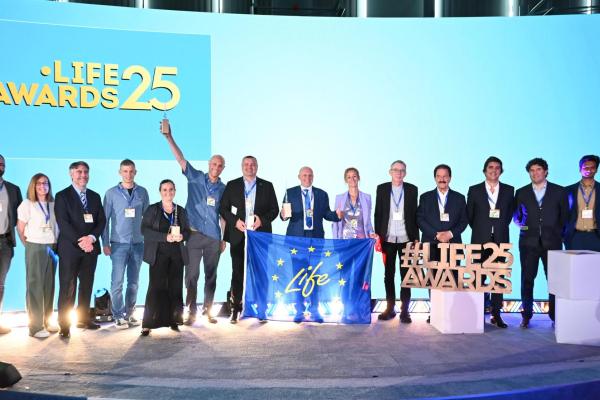
The 2025 LIFE Awards spotlight climate innovation across Europe—from tackling desertification and restoring ecosystems to cutting harmful emissions and scaling circular solutions. These pioneering projects show how local climate action is shaping a greener, more resilient future for all.

During President Macron’s visit to Viet Nam, the EU and UK welcomed key progress under the Just Energy Transition Partnership (JETP), including €547 million in new investment to boost grid capacity and launch Viet Nam’s first pumped storage project—advancing its path to net-zero by 2050.
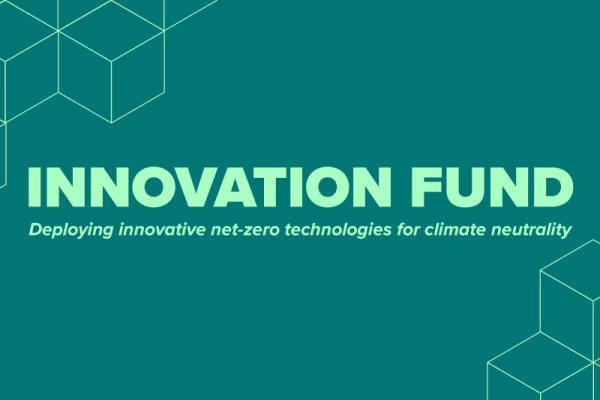
The European Commission and EIB have renewed support for innovative decarbonisation projects under the Innovation Fund. With a €90 million budget, the updated Project Development Assistance will help up to 250 projects from 2025–2028, boosting clean tech and industrial competitiveness across the EU.

The European Commission has unveiled the 2025 rules for calculating the price gap between kerosene and sustainable aviation fuels, key to boosting clean fuel use in aviation.

The European Commission has adopted a Communication on the total number of allowances in circulation (TNAC) on the European carbon market.

The EU is nearly on track to meet its 2030 climate and energy targets, thanks to stronger national plans and clear political commitment. With emissions set to fall by 54%, Europe is powering ahead with clean tech investment, resilience, and a competitive energy transition.
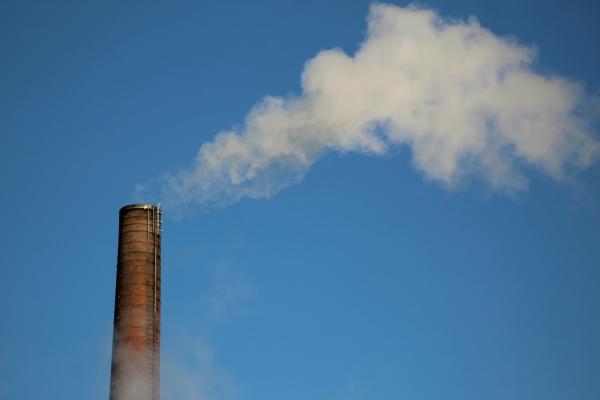
The EU has identified 44 oil and gas companies to help deliver 50 million tonnes of annual CO₂ storage by 2030. This move supports the Clean Industrial Deal and marks a key step in scaling up carbon management to decarbonise Europe’s most emissions-intensive sectors.

The Commission proposes raising the registration threshold for the F-gas Portal, meaning fewer companies will need to register—reducing administrative burden while maintaining climate ambition. Changes will apply once adopted by Parliament and Council.

Today, the Commission announced the selection of 15 renewable hydrogen production projects for public funding across the European Economic Area (EEA).

The 2024 Innovation Fund calls drew 373 project proposals for net-zero tech and EV battery manufacturing, showing strong EU industry commitment to climate goals. Up to €3.4 billion in funding will support Europe's clean, competitive, and resilient future.

Satellite data is vital for understanding, monitoring, mitigating, and adapting to climate change

On 2 May 2024, the Commission published Germany’s notification concerning its intention to voluntarily cancel allowances associated with the closure of electricity generation capacities in two ETS installations in its territory in 2022 due to additional national measures.

On 28 May 2025 at 18:00 CET, the European Commission will publish the total number of allowances in circulation (TNAC) on the EU carbon market in 2024.
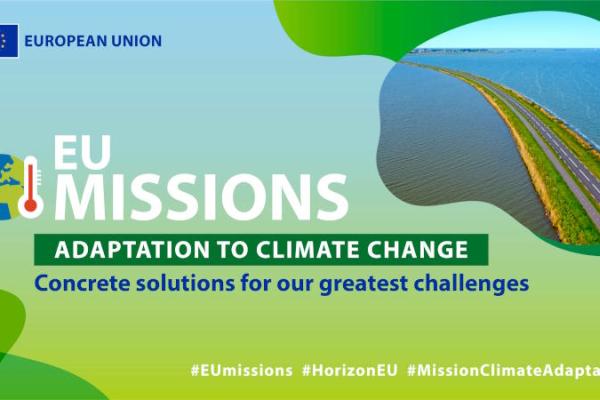
As Europe faces increasingly severe climate impacts, the EU Mission on Adaptation to Climate Change is stepping up as a cornerstone of the Union’s response—empowering regions, cities and local authorities to turn urgency into action.
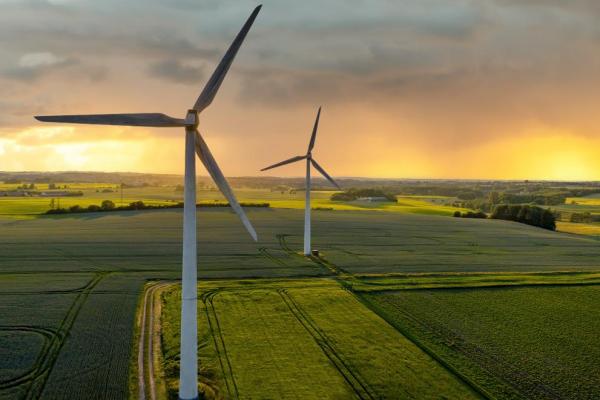
Did you know that wind energy is one of the cleanest, most affordable and home-grown sources of energy?

The Commission launches a public consultation on the EU ETS, Market Stability Reserve, Innovation Fund, and Modernisation Fund ahead of 2026 reviews. Share your views on the future of EU carbon markets by 8 July 2025.

On 8 April, the ‘2025 Cleantech Conference: Advancing Europe’s clean industrial transformation’ explored Europe’s path towards a competitive, resilient, and decarbonised future.

EU emissions under the Emissions Trading System (EU ETS) have now dropped by 50% compared to 2005, with 2024 seeing another 5% reduction. Driven by a surge in renewables, the power sector led the way—while aviation emissions rose and shipping joined the system for the first time.

A new agreement between DG CLIMA and EUROCONTROL boosts efforts to tackle aviation’s full environmental impact beyond CO₂. With cutting-edge monitoring of contrails and nitrogen oxides now in focus, this collaboration marks a step toward cleaner skies and a more sustainable aviation sector.
